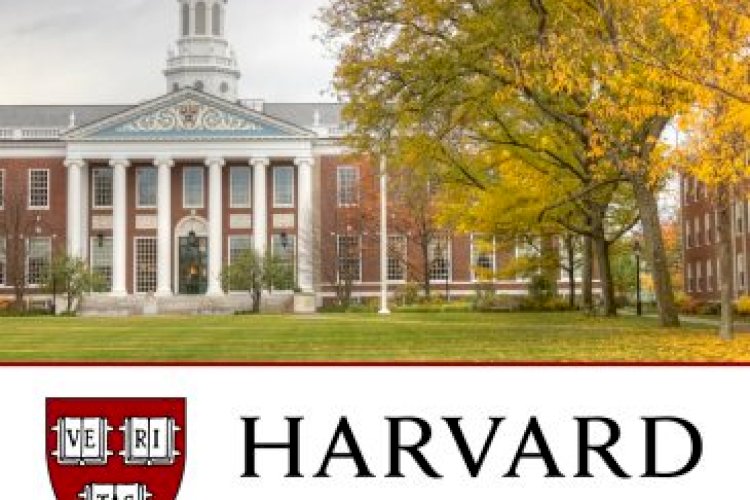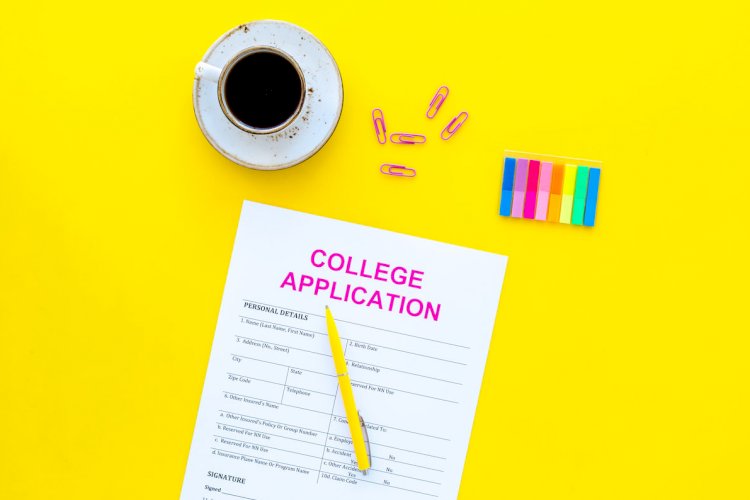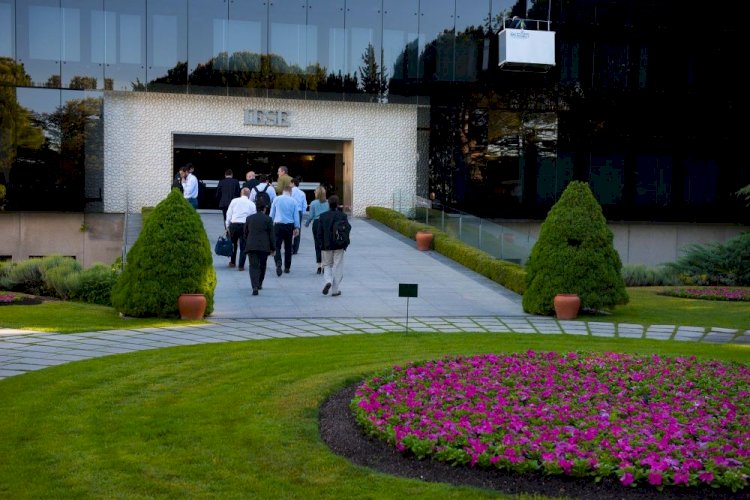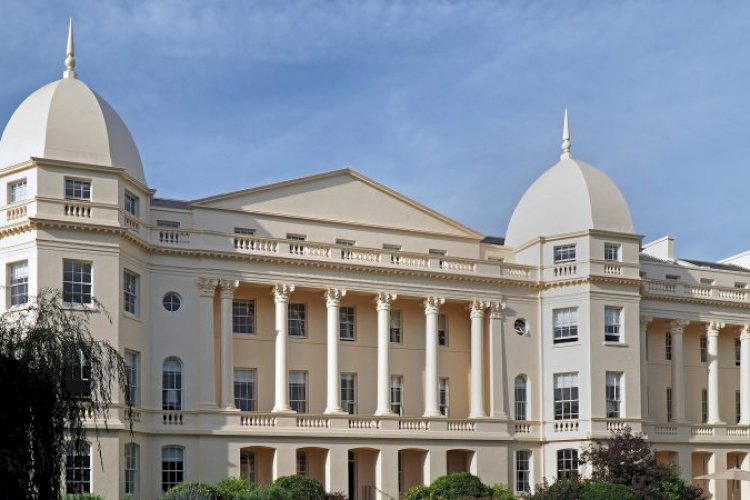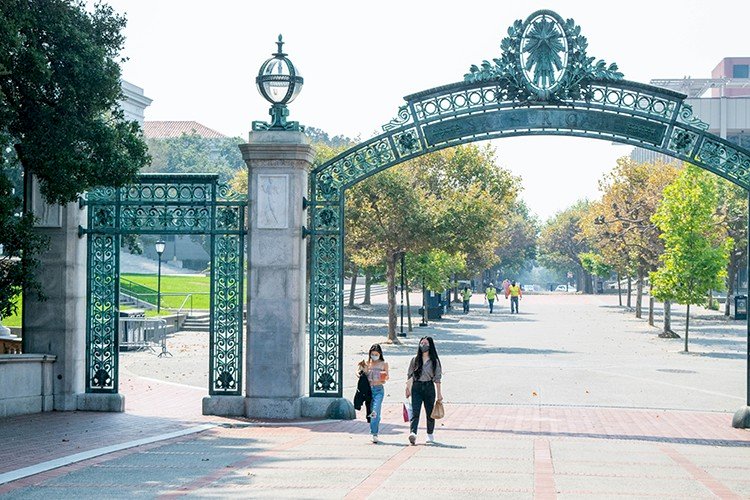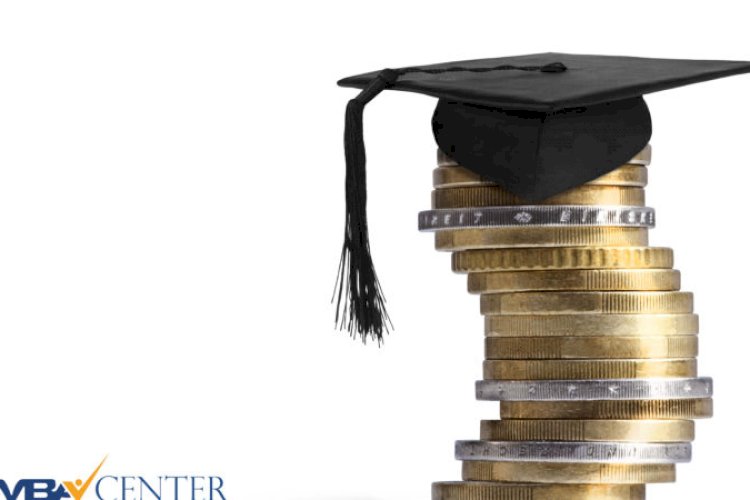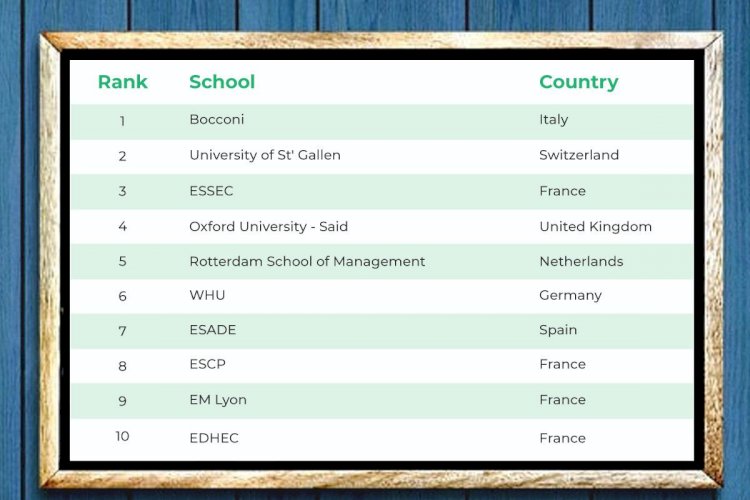
The largest number of international students from all over the world come to America. So why do international students choose the USA to continue their education and realize their potential?
Continuous development of the educational system
American diplomas are recognized all over the world and you will not have problems with employment or continuing education in other countries. Every year, higher education institutions in the United States take the leading positions in international educational rankings:
- 16 American universities are among the top 20 best educational institutions in the world
- 52 American universities are among the top 100 best educational institutions in the world
- 77 American universities are among the top 200 best educational institutions in the world
Getting a U.S. degree is a strong key to building a successful career. The connections that you will gain studying there, your work experience and the connections you make will open the doors to successful companies.
The impeccable academic quality of education
Educational programs at American universities and colleges are recognized as the best around the world. Undergraduate programs involve professional practice in conjunction with the acquisition of theoretical knowledge. Master’s and postgraduate programs offer a unique chance of working together with professionals in any chosen specialty. You will be able to join an outstanding research project and become a part of the professional community. American diplomas are recognized around the world primarily for the quality of education received.
Variety of educational opportunities
There are thousands of colleges and universities in the United States that have several campuses in other countries. As a result, everyone will be able to find a suitable institution in the higher education system. Some educational institutions focus on technical specialties, while others offer the study of Humanities. Be sure that a flexible education system will also allow you to take courses in different disciplines and get a more comprehensive education.
Technology
American universities and colleges are proud to possess unique tools for conducting research, experiments, and developing science. Even if you are not pursuing a technical specialty, you still have a chance to conduct research or surveys and process information using modern technologies.
Training and Working Opportunities
You can gain invaluable work experience by conducting research to earn tuition fees in the United States. Many students who are studying for master’s and PhD programs do exactly that. International students are the most valuable teachers and researchers because they bring out new ideas and share their views.
Comprehensive support for international students
Studying in the United States is a wonderful opportunity for international students to adapt to life in another country and enjoy learning and living. Specialists of the international Department of the Universities will always be ready to help. Orientation programs and national days will be held on the campus. In addition, you can always ask for help with the visa issues, financial situation, residence, employment opportunities, health care, etc.
Global Education and Future Employment Prospects
Many employers primarily employ those who have the knowledge and experience that foreign students receive during their studies in America. Companies in the United States are actively entering the global market and they need professionals who not only understand other cultures, but also are also able to communicate and negotiate with representatives of other countries.
Studying at an American University will expand your horizons, you will begin to think differently and see the solutions of problems from different angles. In addition, you will gain important skills for a future successful career.
Which program should I choose? Bachelor’s degree, master’s degree, PhD?
If you just finished high school, you can pursue the bachelor’s degree (the first stage of higher education).
If you already have a bachelor’s degree, you can pursue the master’s program, and in most cases, you can change your specialty (for example, if you got a bachelor’s degree in psychology, you can get a master’s degree in Economics).
If you have a specialist degree, you can go for a master’s degree, MBA or even PhD.
What exams do I need to take to enter US universities?
You must pass the TOEFL exam in English. If you are pursuing an undergraduate degree you will also need ACT or SAT, for master’s – GRE, for a master’s degree in Economics – GMAT. You should make sure to check the exact requirements for your chosen program and university.
When should I start preparing for admission?
At least one year before the start of the program. If you need to start studying in the next few months, the choice of universities will significantly narrow.
What documents should I provide?
It depends very much on the University and the degree, but in general the requirements are as follows:
- exam results (TOEFL, SAT/GMAT/GRE)
- a copy of the school certificate and/or higher education diploma
- two motivation letters
- two letters of recommendation
- completed University application form
I don’t have a certificate/diploma yet, can I apply?
Yes, you can submit documents with a certificate of current/predicted grades, then send the hard copy of the certificate/diploma.
Do I Need to Get My Transcript Evaluated?
International students come from hundreds of countries with vastly different educational systems. American schools will, therefore, require you to have your credentials verified and translated by a third-party organization. The most suitable organizations to apply to will be:
- Third-party agencies that are members of the National Association of Credential Evaluation Services (NACES)
- Third-party agencies that are members of the Association of International Credential Evaluators, Inc. (AICE)
Students will typically pay anywhere from $75-250 dollars to have their transcript evaluated and it can take weeks to complete (so plan ahead).
Getting a student visa
After being accepted by a U.S. institution, you will be enrolled in a system called the Students and Exchange Visitor Information System (SEVIS). You will then be required to fill the F-1 form at the U.S. embassy or consulate located in your home country. You will need to meet with an embassy official for an interview to determine your visa eligibility. An F-1 visa can be issued up to 90 days prior to a student entering the U.S, so there is no reason not to start your application well beforehand.
 MBA Center Global
MBA Center Global 










